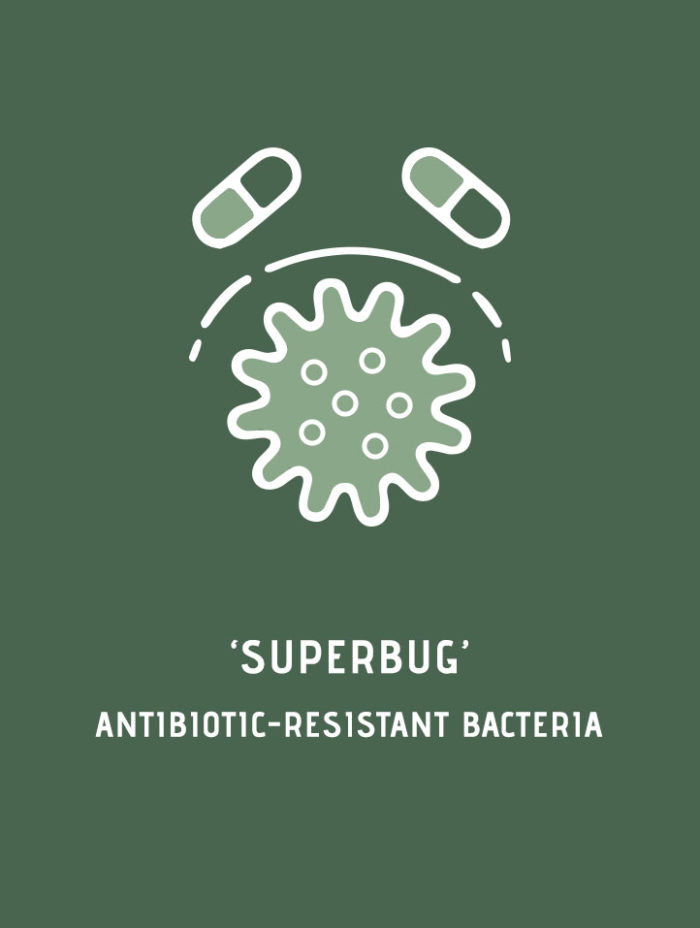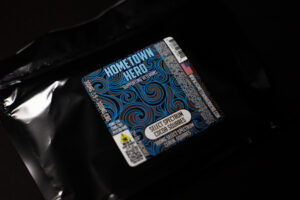Australian researchers stumbled on a surprising option in the search for new antibiotics: CBD. The results of the study were presented at the American Society for Microbiology’s annual meeting- their findings? That CBD was effective in killing bacteria in a test tube, and was even capable of killing so-called ‘superbugs’, or bacteria that have become resistant to common antibiotics.
Not Definitive Proof
The researchers were quick to point out that the results of this study were extremely preliminary, and that people shouldn’t start treating infections with CBD at home- we don’t know enough about the efficacy of CBD as an antibiotic yet. Just because CBD was able to kill bacteria in a test tube, doesn’t mean the results would hold if the study were conducted in living creatures.

Studies conducted in test tubes, aka ‘in vitro’, aren’t as conclusive as studies conducted on animals or humans, aka ‘in vivo’. That’s because, often times, results from an in vitro study don’t hold when the same study is conducted in vivo. So, even though CBD showed a lot of promise in this recent study, it doesn’t prove that CBD is an effective antibiotic- just that it may be.
Promising Results
That being said, researchers did find that CBD was just as effective as prescription antibiotics vancomycin and daptomycin in killing bacteria. And the fact that CBD showed the ability to kill superbugs could be hugely important- the rise of superbugs due to the overuse of antibiotics is why studies like this are being conducted in the first place. Until researchers are able to find something that can kill antibiotic-resistant bacteria, we’re at the mercy of these ‘superbugs’. And according to the World Health Organization, the levels of antibiotic resistance among bacteria is getting dangerously high. That’s why the search for new antibiotics is so important.
Breaking Down Biofilms?
Another finding from the study that showed immense promise was CBD’s ability to impact bacterial biofilms. Biofilms form when bacteria secrete proteins, which then form a film on the surface of the bacteria.
Biofilms can make it much harder to treat infections, so these results point to CBD being an effective treatment for even the most challenging infections.
Moving Forward
Of course, more research is needed before any conclusions should be drawn. In vivo experiments looking at CBD’s antibacterial abilities in animal or human models are the only way to know for sure just how effective CBD is as an antibiotic, but the results of this preliminary study are highly promising- CBD was as effective as prescription antibiotics, was capable of killing ‘superbugs’, and was able to break down bacterial biofilm. That’s no joke!
Hopefully, in vivo studies on the efficacy of CBD and bacteria are approved quickly. Botanix, the company that funded the initial study, says they’re hoping to begin a Phase 1 or 2 trial by the end of this year. Both Phase 1 and Phase 2 trials are done with human participants, and both phases can last several months (or even years). These trials are done to evaluate the safety, efficacy, and dosing for a drug.
We can’t wait to hear the results!



